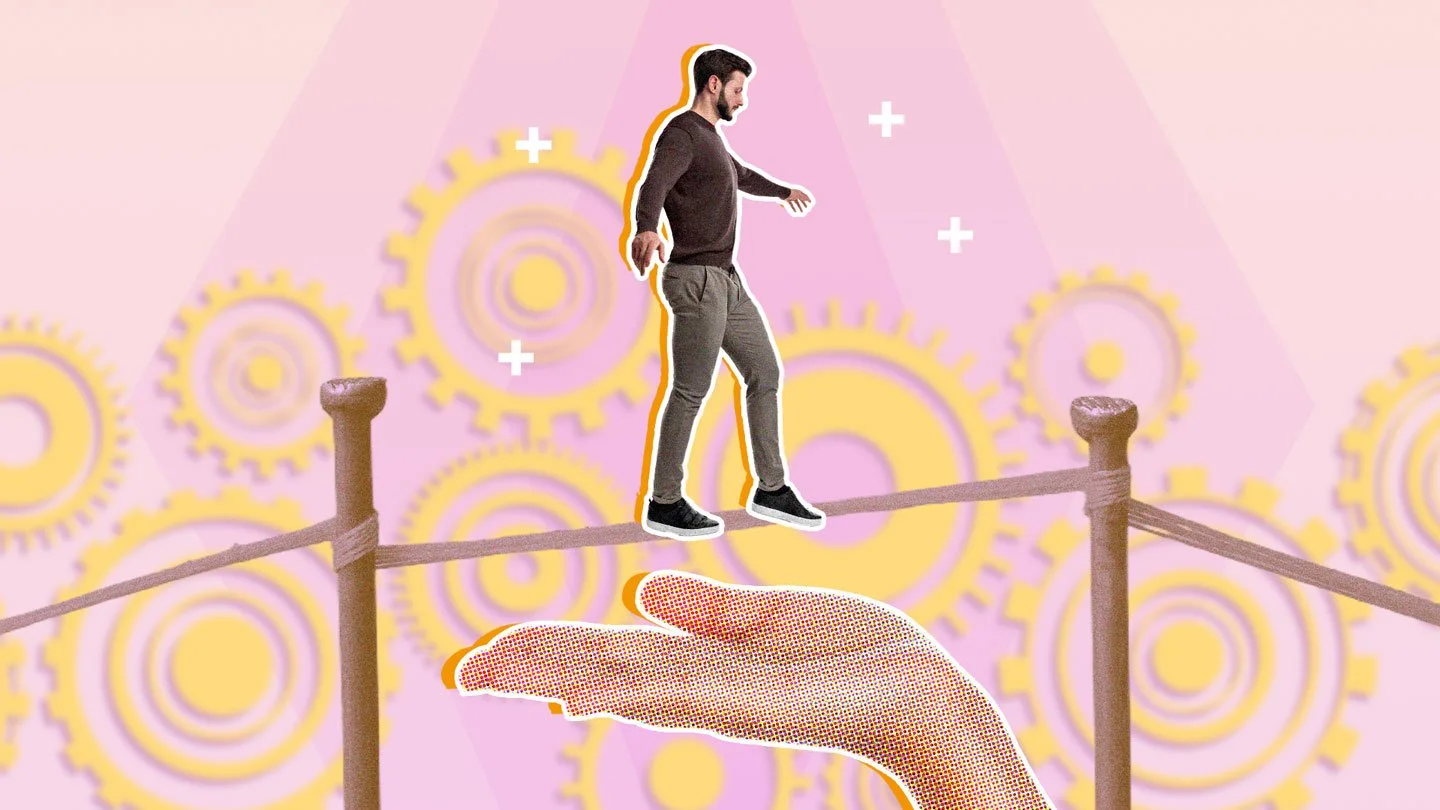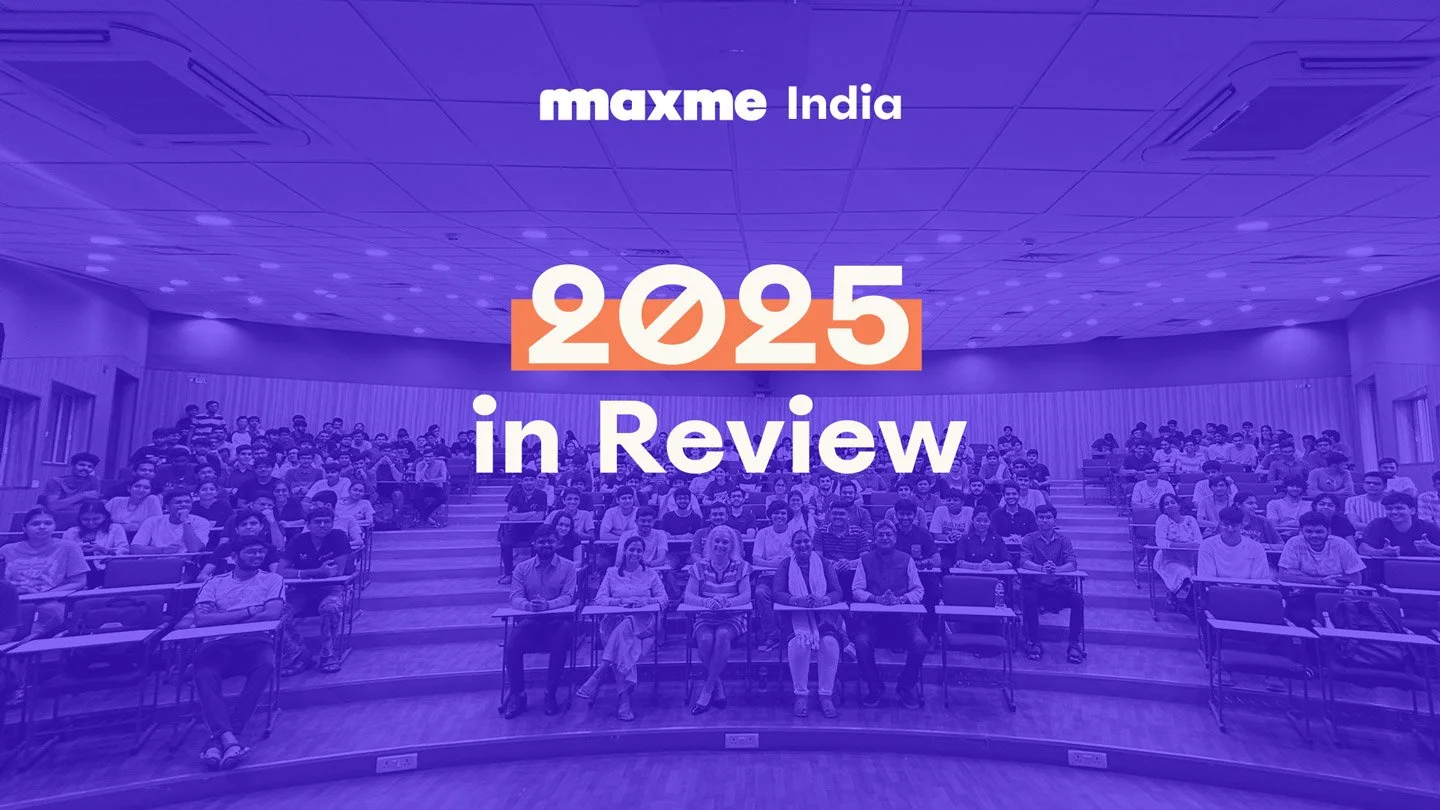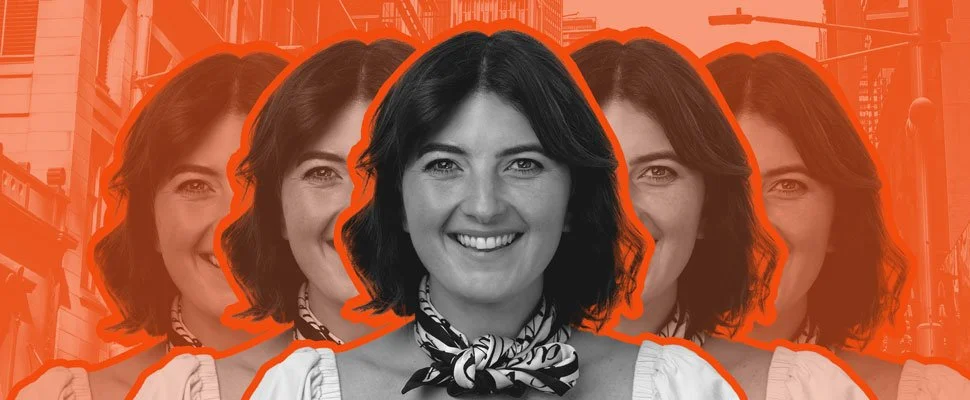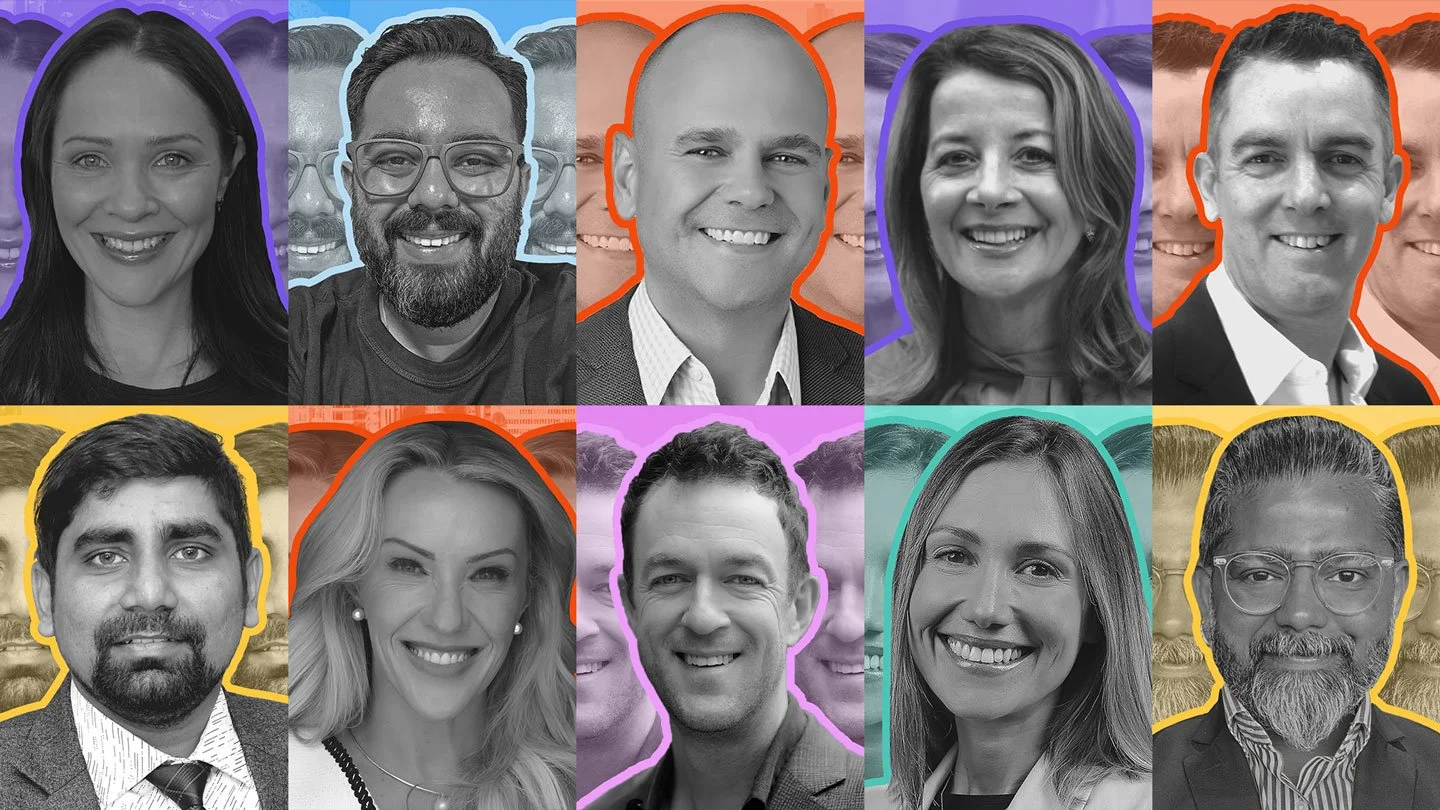Human on the Inside with Lively’s Anna Donaldson
Maxme: We’re big believers in the power of human skills. But don’t just take our word for it - the evidence for excellence powered by human (‘soft’) skills is everywhere! In this engaging, ever-enlightening series, we speak with industry leaders, innovators and game-changers to learn a little about their personal career journeys, and how human-led strategies, philosophies and cultures are proving a force for good in their working worlds …
Welcome Anna, and thanks for stepping into the #SuccessIsHuman Spotlight!
You’re the Founder and CEO of Lively, a social enterprise that employs young jobseekers to spend meaningful time with older people, offering supports to help them stay socially connected, active and independent in their everyday lives.
In 1 sentence (ok, we’ll give you 3), what does your role entail?
Anna Donaldson: My role continues to morph and evolve as the organisation grows, but right now it boils down to a few core focus areas; securing philanthropic funding to support our work, representing Lively externally, establishing strategic partnerships to enhance our impact, and fostering the growth of a positive, supportive and empowering workplace for all of our staff and young ‘Lively Helpers’.
M: You first established Lively in late 2015 - almost 7 years ago now, and prior to that, spent time working in international development, social impact, innovation and entrepreneurship for companies such as Oxfam Australia, Skilling Australia Foundation, Little Dreamers Australia and Think Impact.
How does all this work speak to your personal purpose and what drives you as an individual?
AD: I think the personal driver behind all my work is a strong desire to use the abilities and privileges that I’m fortunate to possess to make a positive difference in the world. In particular, I’m interested in using the social power available to me to help more power and opportunity flow to those who might otherwise lack it.
This is what first attracted me to work in the international development sector - the idea of shifting global power dynamics away from the Western world, so that communities in the ‘developing’ world could more freely chart their own paths forward. And it underpins my passion for our work at Lively - the idea of supporting and empowering young and older people, who often have power unfairly withheld or stripped away from them in our society. I’m driven by the goal of helping young and older people reconnect with their immense worth and potential, and by creating an environment that supports them to pursue their unique visions of a rich and meaningful life.
M: Tell us a little about your personal education pathway/s - what led you to where you are now? How closely do your formal qualifications match your current career?
AD: My first formal qualification was a Bachelor of Arts (International Studies). I started out with the intention of a double major that would also include Psychology, but my interest there petered out along the way. I then completed a Masters of Public Policy and Management. At the time, I chose the Masters because I was interested in working in international development policy, and felt like an Arts degree alone might not cut it!
On face value, neither of my degrees led directly into my current work, and in theory I could be doing what I do now without having done either of them. But in a less tangible sense, I do attribute much of my outlook, values and beliefs to the knowledge and perspectives that I gained during my studies. I vividly remember a number of subjects in my Arts degree that totally opened my eyes to the many social, economic and environmental challenges facing humanity, and which inspired me to contribute to solutions throughout my career. So I don’t think they were a wasted effort. I also got to do a six month exchange in Malaysia during my undergrad, where I met my now husband, and formed some of my closest and most enduring friendships. So it wasn’t all just about the qualifications!
Since finishing my university degrees, I’ve also taken part in a number of other courses, including a Diploma in Business (Entrepreneurship), and a number of unaccredited learning programs, including an ‘incubator’ program with the School for Social Entrepreneurs, which helped me get Lively off the ground.
M: If you could share one piece of career advice to your 21 year old self it would be ...
AD: Don’t worry too much about defining a career ‘destination’, or trying to be too strategic about everything you’ll need to do to get there. Just tune in to whatever is tugging at your attention and giving you energy - and follow that wherever it leads.
Always remember these beautiful words from poet, David Whyte; ‘What you can plan is too small for you to live. What you can live wholeheartedly will make plans enough’.
M: Maximising the potential of individuals, communities and businesses through the power of human skills is the reason Maxme exists. Can you tell us a little about the role and / or value of human skills in your workplace or industry right now?
AD: Everything that we do at Lively, in both the services we provide and the way our workplace operates, is entirely powered by (and dependent on!) human skills.
We train and employ young jobseekers to offer social support and connection for isolated older community members, so skills in communication, problem solving, time management, initiative and conflict resolution are critical to their work.
Our way of working as an organisation is also quite atypical - we don’t have traditional management structures, and all of our staff are responsible for collaboratively self-managing their work and that of the organisation. This asks a lot of our people - they need to be great at communicating, collaborating, negotiating, managing conflict, problem solving and thinking creatively - and these skills are far more important, for us, than any other technical abilities or specific qualifications that they may bring to their role.
M: Self Awareness sets the critical foundation for all Maxme learning experiences. With that said … what’s your strongest trait / personal super power?
AD: I’m becoming aware that I have a natural ability to connect and mobilise people around an idea or a purpose, which is really how I got Lively started in the first place. And without knowing exactly how, I also seem able to create environments where people feel safe to engage in work as their authentic selves, and to consistently go above and beyond in pursuit of shared goals. So I guess I’ll claim that as a super power!
M: And on the flip side, what’s one human / ‘soft’ skill you’ve had to really work on improving over the course of your career?
AD: I’m sure I’m not the first to cite conflict management as a weakness. I’m particularly uncomfortable in situations where disharmony exists between people, so I’ve really had to learn not to paper over conflicts or preserve ‘artificial harmony’ by avoiding tough conversations and possible unpleasantness. I’m still working on it, but I find this quote, which someone shared with me recently, a helpful reminder of the need to lean into difficult discussions; ‘Human connection is as threatened by unhealthy peace as by unhealthy conflict’.
M: If you could share one piece of career advice with recent Uni graduates or candidates keen to work with an organisation like Lively, what would it be?
AD: Lead with your values and your passion when you’re applying for jobs - not with your skills and qualifications. I sit up in my seat when I open a job application that starts with words from the heart - with the story of why this candidate was inspired to apply for the role, and that speaks to how the role will support their personal journey and sense of purpose in the world.
By contrast, applications that tell me all about what the person can do, without telling me why they would care to do it at Lively, will always find their way to the bottom of the pile (no matter how impressive the skills and experience!).
M: You’ve been granted approval to add one Uni graduate to your team, but have 100 applicants, all with outstanding academic results. How do you find your perfect candidate - what are you looking for?
AD: I think it’s really captured in my last answer. I’m looking for the candidate who shows the greatest passion for this work - whose enthusiasm really shines through, and who I can tell wants this job more than anything else they might be applying for.
I’m also looking for the candidate who is evidently the most curious, open-minded and keen to grow. They’ll be humble and aware of how much they don’t yet know, but eager to lean into the learning journey.
M: In the words of John Dewey, “education is not preparation for life, education is life itself.” What’s next on your #learning agenda?
AD: Oh my gosh, so much! I can’t keep up with the pile of books I’ve been amassing recently on topics that I want to learn more about. In general, what I’m exploring is the practice of ‘empowering leadership’ - what it looks like to support individuals and groups to realise their fullest potential, without giving people the answers or showing the way. A few titles that I’ve been dipping into are ‘The Highest Common Denominator’ by Miki Kashtan, ‘Nonviolent Communication’ by Marshall Rosenberg, ‘The Coaching Habit’ by Michael Bungay Stanier, ‘Emergent Strategy’ by Adrienne Maree Brown, and ‘Moose Heads on the Table: Stories from Self-Managing Organisations’ by Karen Tenelius and Lisa Gill.
I’m also currently immersed in a personal learning journey around indigenous worldviews and knowledge, which is broadening my perspective in fascinating ways. I’m keen to start doing more to contribute to First Nations justice in Australia, and for me, that starts with some deep listening, learning and understanding. So that’s what I’m sitting in at the moment!









